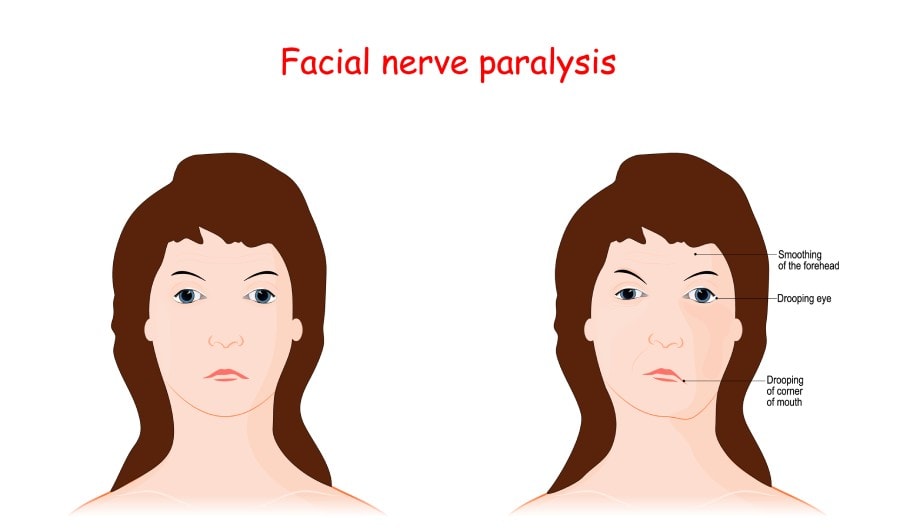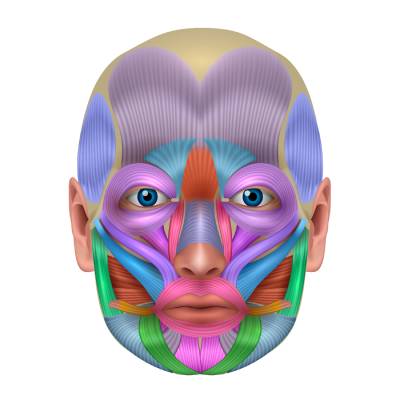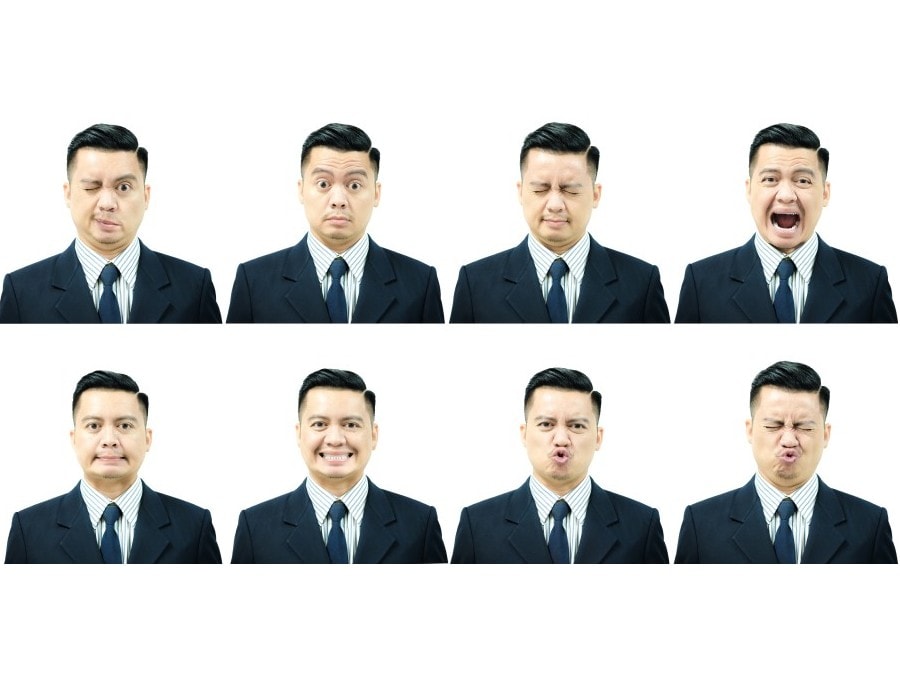Outcomes at the Atlanta Ear Clinic and other centers utilizing this treatment intervention shows measurable recovery in all treatment categories, even in cases of long-standing paralysis.
Facial retraining requires time, effort and concentration by the patient, but the results are worth the efforts! On many of the patients treated, the results are so outstanding it is hard to identify which side of the face has been paralyzed.
































